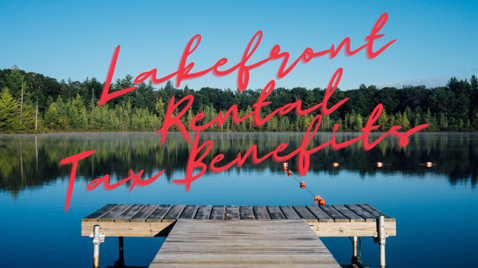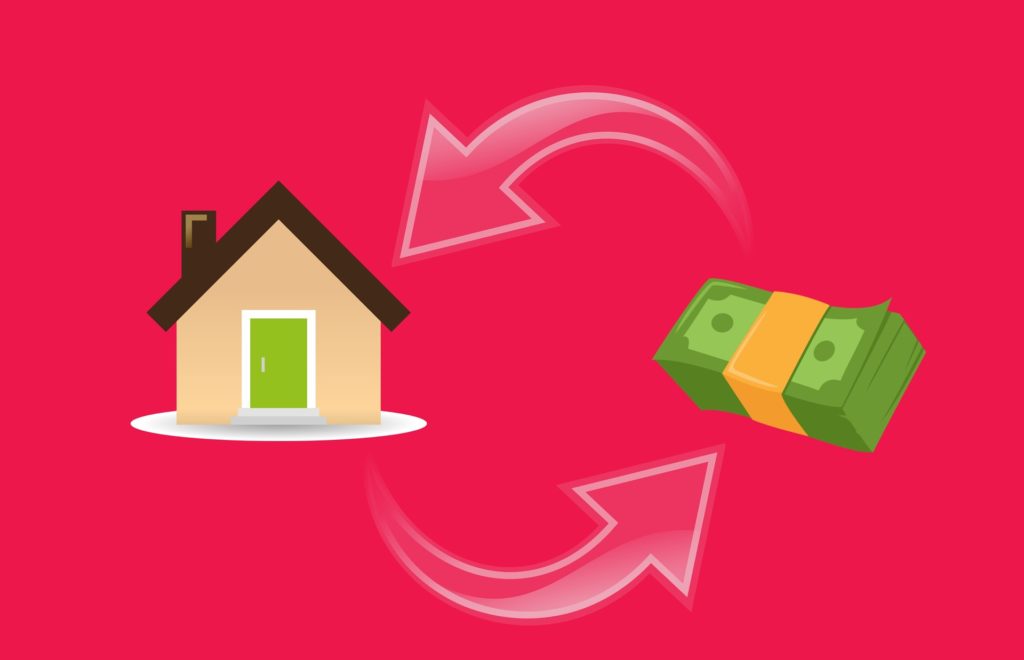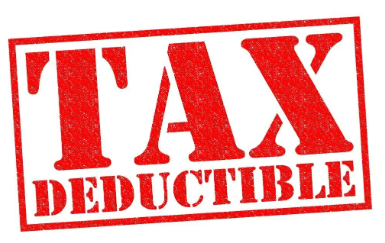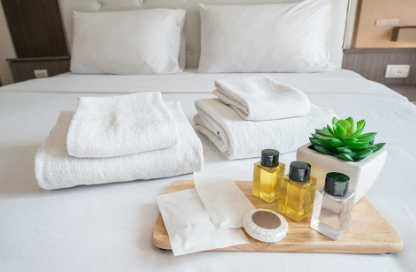
There are many lakefront rental tax benefits that can be helpful in realizing extra income that comes from sharing your lakefront home. In todays vacation rental market home sharing companies like VBRO, AirBnB and Homeaway are gaining in popularity. As a lakefront home owner it may make sense to get involved. However, it’s important to remember that running an Airbnb is a business venture. There are tax responsibilities that come with renting out your lakefront home.

Determine Your Short Term Lakefront Rental Status
Let’s start with some basics. If you rent out your property for more than 14 days, you need to report the income you earned. If your intent is to rent your home less than14 days, the 14 day Rule will apply. Keep in mind that if you do not report your Airbnb income of under 14 days, you also cannot deduct operating expenses.
- You do not need to pay tax on the money you make on a short-term rental; as long as you rent out your property for 14 days or less during the year. You will not owe any taxes to the federal or state government.
- This is only applicable if you yourself use the property for at least 14 days in the year.
Maintain Good Records for your Lakefront Rental
You’ll have a much easier time with tax issues on your lakefront vacation rental if you treat it as a business from the get-go. Keep meticulous records. This will help keep your lakefront tax benefits clear and organized. An obvious tip but often overlooked by novice entrepreneurs. You are entitled to deduct all “ordinary and necessary” expenses to operate your rental business. If you rent for longer than the 14-day exception period, detail the dates precisely. Doing so helps you properly divide out personal and business expenses. You can deduct expenses including things like:
- Food and treats for your guests- that bottle of champagne and chocolate covered strawberries
- Maintenance costs to repair or refurbish your rental room-repairing inevitable damage or wear
- Cleaning services- A must!
- The price of goods that you buy for the room-updating towels, bed linens, and room decor
- If you rent out a room, rather than the entire house, for over 14 days, you can take business expenses like a portion of mortgage interest and property taxes.
Tax benefits and Other Tax Implications
Short-term rental companies usually charge a percentage fee that is taken off the top of the rent that guests pay. When these companies send you the IRS 1099 form reflecting your house rental earnings for the year, it includes service fees.You may also have to deal with another type of tax rate: occupancy taxes. This tax is similar to that of hotel taxes and fees. When you rent out your lakefront home, make bookings and provide amenities or service, the IRS may treat you as being self-employed. If you are self-employed, you have to pay self-employment taxes, as well as income taxes.
- If you rented out your lakefront home for more than 14 days in the year, you can deduct this fee. Since 100% of the fee was directly related to the rental use of the property, you can deduct the entire amount paid.
- In many cases, the host is required to collect the occupancy tax directly from renters and submit the money to the tax authority. Some companies collect and submit the taxes in certain cities and states.
- Self-employment taxes cover Social Security and Medicare contributions for income you make when you are in business for yourself.
Owning a lakefront vacation rental can provide several tax benefits. Deducting expenses related to the property and taking advantage of depreciation and deductions, can save significant amounts of money. However, it is important to keep detailed records. Consult a tax professional to ensure that all deductions are taken properly and in compliance with tax laws. With the right strategies in place, owning a lakefront vacation home can be a great investment for those who enjoy the outdoors and love the water.
“Posted by Scott Freerksen – The Lake Guy”



